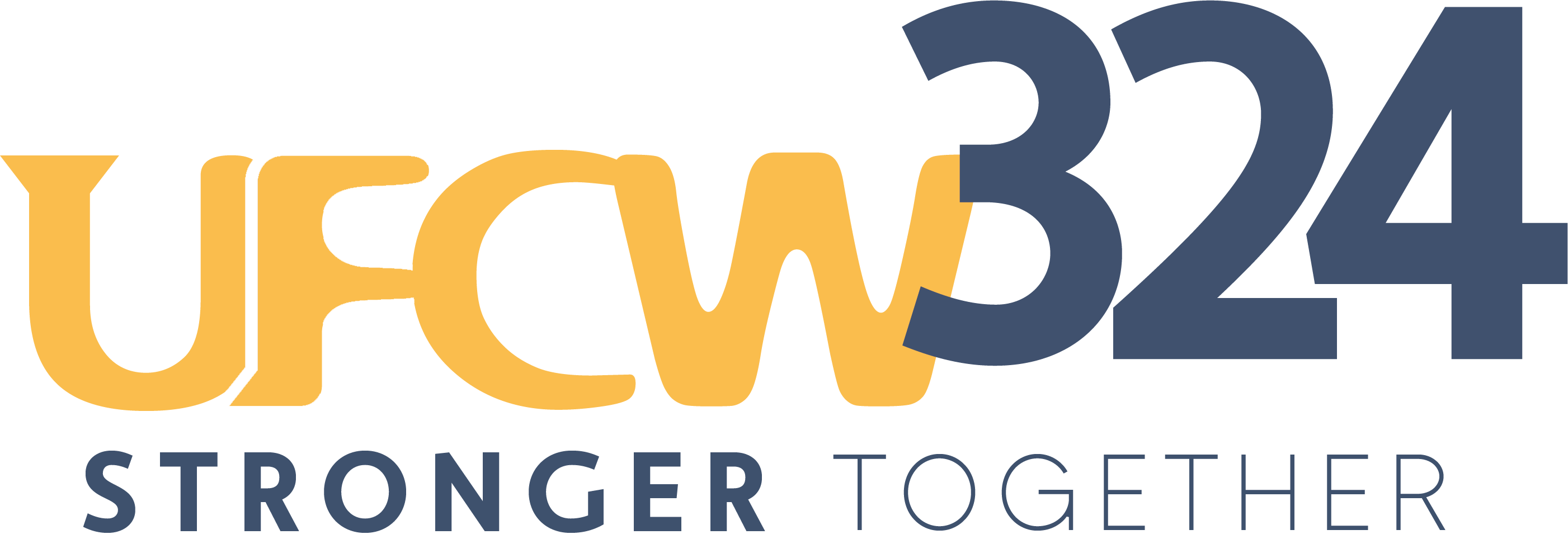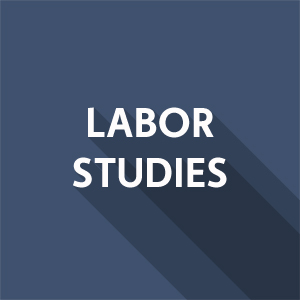Rite Aid Bankruptcy Q&A
Question. What is a Chapter 11 bankruptcy?
Answer. A Chapter 11 bankruptcy filing is a reorganization proceeding intended to give a company an opportunity to restructure its operations and finances and continue to operate during and after the bankruptcy, usually pursuant to a Plan of Reorganization.
Question. What are the rights a company obtains when it files for Chapter 11?
Answer. Rite Aid can ask the bankruptcy court for the right to sell assets and “reject” otherwise binding contracts. Because a debtor like Rite Aid has the authority to reject store leases in certain circumstances, that authority often gives bankrupt companies leverage to renegotiate real estate leases.
Immediately upon a bankruptcy filing, there is an immediate ‘stop,’ known as the “automatic stay,” of most lawsuits and creditors’ efforts to collect on their debts, including, in the case of Rite Aid, litigation relating to opioids. Outstanding debts owed in bankruptcy are called “claims.”
Question. Are there exceptions to the automatic stay? Which exceptions are relevant to Rite Aid’s union employees?
Answer. First Day Orders: Exceptions to an automatic stay include certain “First Day Orders,” or orders requested and approved by the Bankruptcy Court at the first or second court appearance after filing for bankruptcy. First Day Orders may allow the company to pay various prepetition bankruptcy claims as they come due instead of waiting for the end of the case. Rite Aid filed a First Day Motion seeking authority to continue paying all types of compensation and benefits owed to employees, including medical benefits and contributions to pension plans, including Taft-Hartley plans. At a hearing on October 16, the Bankruptcy Court approved this motion on an interim basis, which should allow for the payment of wages and benefits in the same manner as before the bankruptcy filing.
Question. Does Rite Aid plan to close stores as part of the bankruptcy?
Answer. Yes. Rite Aid plans to close a significant number of stores as a part of the bankruptcy process. Rite Aid states that it closed or began the process of closing 210 stores in the year before filing for bankruptcy. Rite Aid also filed a motion, which the Bankruptcy Court approved on October 17, to close an additional 154 stores as soon as possible. The Bankruptcy Court also gave Rite Aid the authority to close additional stores at its discretion, so long as the company provides some notice of other planned closures.
Question. What is the role of the bankruptcy judge?
Answer. The bankruptcy judge oversees the bankruptcy process and reviews Rite Aid’s major decisions, including the confirmation of a Plan of Reorganization, the rejection of contracts, or the selling of substantial assets. The judge is required to follow and implement the Bankruptcy Code.
Question. Who else is involved in a company’s bankruptcy case?
Answer. The “unsecured creditors” (creditors who are owed money but do not have a lien or mortgage on the company’s property to secure the debt) usually have a formal role in a Chapter 11 bankruptcy. UFCW has petitioned to be on the committee.
An official body called the Unsecured Creditors’ Committee (“Committee”), usually consisting of the seven largest unsecured creditors, is appointed by the United States Trustee, a government official, to represent the interests of unsecured creditors. As a group, the Committee monitors the bankruptcy proceedings, appears in court to present the views of the Committee, negotiates over a Plan of Reorganization, and can conduct investigations of the debtor company.
Question. Did Rite Aid’s bankruptcy filing terminate pension plans or the company’s participation in pension plans?
Answer. No. Most Rite-Aid employees represented by UFCW locals receive pensions through jointly trusteed administered (“Taft-Hartley”) pension plans, and there is no indication form the company’s First Day Papers that it intends to try to terminate participation in such plans. Indeed, Rite Aid sought authority to make all pre-petition contributions owed to the pension plans.
Question. Will retired employees continue to receive their monthly pension?
Answer. As of today, the Taft-Hartley pension plans remain intact and, therefore, retired employees should continue to receive monthly annuity payments.
Question. Will employees continue to receive coverage for their medical and related benefits?
Answer. Currently, all terms of the Collective Bargaining Agreements (“CBAs”) remain in effect. To the extent any insurance plan or other benefit is a benefit provided by a CBA, the benefit remains in effect.
As reviewed above, Rite Aid can request that the Bankruptcy Court authorize changes to the CBAs, but unless and until it makes any such request to and the court grants the request, there should be no changes to any benefits. And as reviewed above, there is no indication in any of the papers filed by Rite Aid or in any communications from Rite Aid that it will seek to reject the CBAs. In fact, in an October 16, 2023 letter to all unions, Rite Aid said the following:
“We expect that all current collective bargaining agreements will remain in place. We have no current plans to seek to reject or otherwise modify them through the Chapter 11 process.”
Question. Should you file a claim for monetary damages against Rite Aid if you believe you are owed funds?
Answer. Rite Aid has proposed setting a “Bar Date” of December 22, 2023, though the Bankruptcy Court has not yet approved that date. A Bar Date is a deadline by which creditors must file claims for monies owed by the company prior to the bankruptcy filing. We expect that the UFCW and UFCW local unions will file claims on behalf of their members, including claims for grievances, but we will provide more information in the coming weeks.


